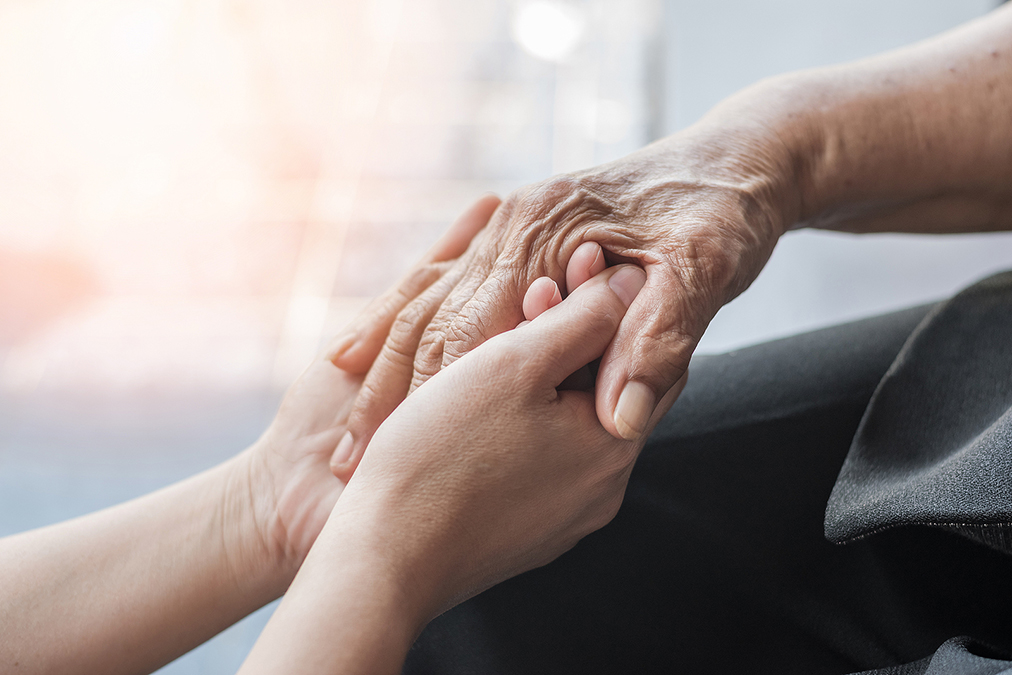 Eighty percent of those suffering arthritis also reported some level of fatigue, with most stating that their fatigue was closely related to the pain.
Eighty percent of those suffering arthritis also reported some level of fatigue, with most stating that their fatigue was closely related to the pain.
This prompted a study published in Lancet Rheumatology to test out two natural ways to eliminate fatigue in arthritis patients.
The results were mind-blowing. Both approaches were very effective in treating fatigue, but one was even better than the other.
The authors of this study tested cognitive behavioral therapy and personalized exercise interventions as potential treatments.
Because face-to-face meetings between patients and clinicians are expensive and less flexible than remote sessions, they decided to test the latter.
They recruited 367 inflammatory rheumatic disease patients from six secondary care rheumatology services in England and Scotland who had all reported struggling with significant levels of fatigue. They had an average age of 57.
They split the participants into three groups.
-
1. The first group received usual care, which consisted of an educational booklet for fatigue containing advice that people could follow at home.
2. The second group received cognitive behavioral therapy that consisted of a program to replace unhelpful beliefs and behaviors with more adaptive ones.
3. The third group received a personal exercise intervention program by phone.
Both the therapy and exercise groups also received the fatigue booklet, and their telephonic programs were provided by health professionals in rheumatology.
The participants received seven treatment sessions of 45 minutes each during the first 14 weeks, and a booster session at 22 weeks.
The patients were assessed for fatigue severity at weeks 10, 28, and 56.
Because they wanted to measure both the severity of fatigue and the impact of fatigue, they assessed the patients on three different fatigue scales.
In addition, they rated them on scales assessing general arthritis, sleep disturbance, pain intensity, anxiety, depression, work productivity, impairment, and global health.
What did they find after 56 weeks when they compared the treatment groups with the usual care-only group?
-
1. Both cognitive behavioral therapy and exercise reduced fatigue severity, the latter a bit more than the former.
2. Both reduced the impact of fatigue: exercise a bit more than cognitive behavioral therapy.
3. Both improved the subjects’ mental health-related quality of life and sleep.
4. Exercise reduced their depression and work disability, and increased their work productivity and valued life activities.
5. Neither treatment improved their pain, anxiety, or physical health-related quality of life.
This means that cognitive behavioral therapy and exercise are both useful treatments for fatigue and its related problems in arthritis patients.

 Overcoming IBD
Overcoming IBD Multiple Sclerosis
Multiple Sclerosis Banishing Bronchitis
Banishing Bronchitis Gum Disease Gone
Gum Disease Gone Overcoming Onychomycosis
Overcoming Onychomycosis Neuropathy No More
Neuropathy No More The Prostate Protocol
The Prostate Protocol Brain Booster
Brain Booster
 Ironbound
Ironbound
 Solution for Shingles
Solution for Shingles
 The Bone Density Solution
The Bone Density Solution
 The Ultimate Healing Protocol
The Ultimate Healing Protocol
 The Parkinson's Protocol
The Parkinson's Protocol
 The Chronic Kidney Disease Solution
The Chronic Kidney Disease Solution
 Overthrowing Anxiety
Overthrowing Anxiety The Fatty Liver Solution
The Fatty Liver Solution The Hypothyroidism Solution
The Hypothyroidism Solution
 The End of Gout
The End of Gout The Blood Pressure Program
The Blood Pressure Program
 The Oxigized Cholesterol Strategy
The Oxigized Cholesterol Strategy
 Stop Snoring And Sleep Apnea Program
Stop Snoring And Sleep Apnea Program
 The Arthritis Strategy
The Arthritis Strategy The Vertigo & Dizziness Program
The Vertigo & Dizziness Program The 3-Step Diabetes Strategy
The 3-Step Diabetes Strategy Hemorrhoids Healing Protocol
Hemorrhoids Healing Protocol The Erectile Dysfunction Master
The Erectile Dysfunction Master Weight Loss Breeze
Weight Loss Breeze The IBS Program
The IBS Program The Insomnia Program
The Insomnia Program The Migraine and Headache Program
The Migraine and Headache Program The Neck Pain Solution
The Neck Pain Solution The Menopause Solution
The Menopause Solution The Ejaculation Master
The Ejaculation Master The TMJ Solution
The TMJ Solution The Acid Reflux Solution
The Acid Reflux Solution The Fibromyalgia Solution
The Fibromyalgia Solution The Psoriasis Strategy
The Psoriasis Strategy